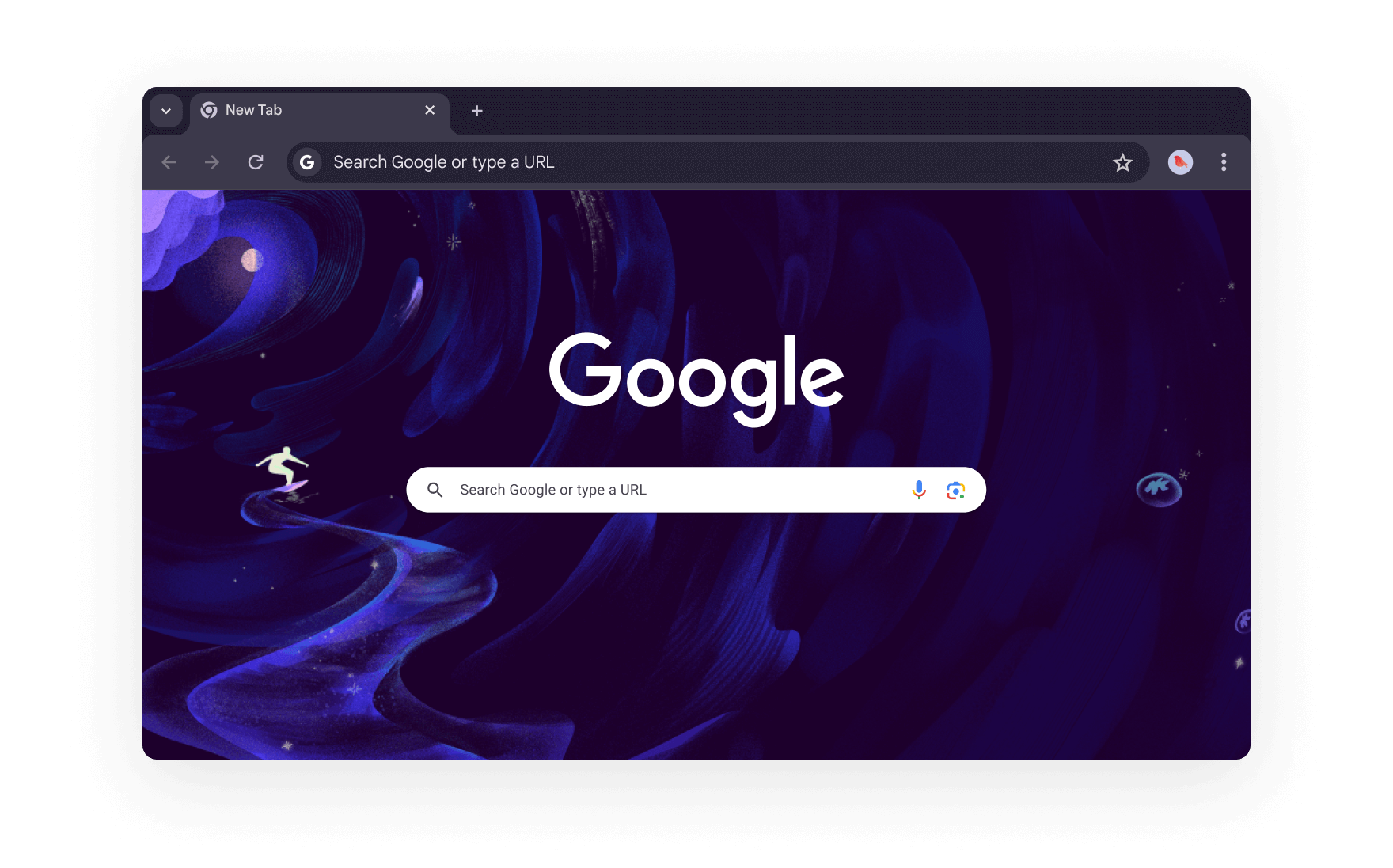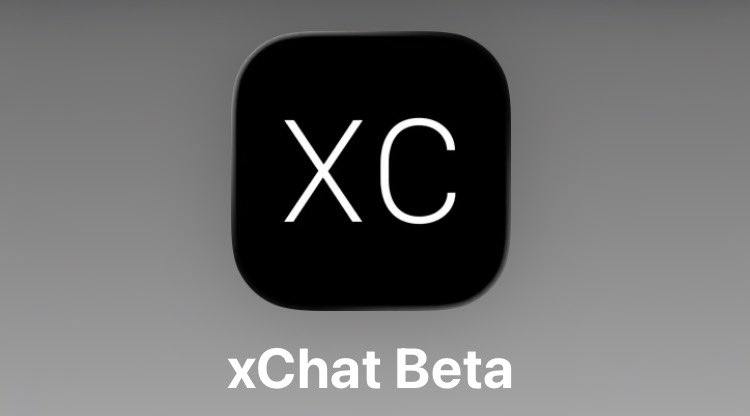
People Inc., a prominent media publisher in the United States, has announced a significant artificial intelligence licensing agreement with Microsoft, positioning itself as a launch partner in Microsoft’s new publisher content marketplace. This strategic collaboration, revealed during parent company IAC’s third-quarter earnings call, signals a proactive pivot by the media giant to assert the value of its vast content library in the burgeoning AI landscape, especially as it simultaneously grapples with a notable decline in traffic from Google Search’s AI Overviews. The dual development underscores a critical juncture for digital publishers, caught between the promise of AI-driven innovation and the imperative to protect and monetize their intellectual property.
The Microsoft Alliance: A New Model for Content Compensation
The agreement with Microsoft represents People Inc.’s second major AI licensing deal, following a prior partnership with OpenAI. This new arrangement, however, introduces a distinct model for content compensation. Neil Vogel, CEO of People Inc., characterized the Microsoft marketplace as an "a la carte" or "pay-per-use" system, where AI entities can directly remunerate publishers for the specific utilization of their content. This contrasts with what Vogel described as an "all-you-can-eat" model in their previous OpenAI deal, though he emphasized the company’s satisfaction with both approaches as long as its work is "respected and paid for."
Under this innovative framework, Microsoft’s AI-powered assistant, Copilot, is slated to be the inaugural buyer in the marketplace. Vogel lauded Microsoft’s dedication to fair compensation, viewing the partnership as a robust affirmation of People Inc.’s intrinsic value and, more broadly, the indispensable role of high-quality content in developing sophisticated and reliable AI. The specific financial terms of the deal were not disclosed, a common practice in such proprietary agreements. This move by Microsoft is seen by many industry observers as an effort to differentiate its AI offerings by ensuring ethical sourcing and fair compensation for the data that underpins its large language models, potentially setting a new standard for AI developers engaging with content creators.
The Google Conundrum: AI Overviews and Eroding Traffic
The announcement of the Microsoft deal was strategically intertwined with a sobering disclosure regarding People Inc.’s traffic from Google Search. For the first time, the publisher presented data to investors illustrating a dramatic reduction in referral traffic from the world’s dominant search engine. Two years prior, Google Search accounted for a substantial 54% of People Inc.’s traffic; however, this figure plummeted to just 24% in the most recent quarter. This significant decline is attributed directly to Google’s AI Overviews, a feature integrated into its search results that aims to provide concise, AI-generated summaries of queries, often reducing the need for users to click through to original source websites.
This trend is not isolated to People Inc. Many publishers have voiced concerns that AI Overviews, while convenient for users, cannibalize their traffic and, consequently, their advertising revenue—the lifeblood of many digital media operations. Vogel has been particularly vocal on this issue, having previously labeled Google a "bad actor" for its practices. His criticism stems from Google’s use of a unified bot to crawl websites for both its traditional search engine and its AI features. This dual-purpose bot presents a dilemma for publishers: blocking it would protect their content from unauthorized AI ingestion but would also cut off the significant traffic still provided by Google’s core search engine. This effectively leaves publishers with limited control over how their content is utilized by the tech giant’s AI initiatives.
A Strategic Pivot: Asserting Content Value in the AI Era
In response to these challenges, People Inc. has adopted a proactive and assertive strategy to regain control over its content and ensure fair compensation. The company has leveraged technology from web infrastructure provider Cloudflare to selectively block specific AI crawlers from accessing its websites. This technical measure, as articulated by Vogel, is not merely a defensive tactic but a strategic lever designed to compel AI developers to engage in licensing negotiations. He reiterated during the earnings call that this blocking strategy has proven "very effective," bringing "almost everyone to the table," and suggested that further licensing agreements would be announced in due course.
This approach highlights a broader struggle unfolding across the digital ecosystem, where content creators are increasingly demanding recognition and remuneration for the vast repositories of data that fuel generative AI models. The historical precedent of the internet, where content was often freely accessible and monetized primarily through advertising, is being challenged by the advent of AI, which directly consumes and synthesizes information. Publishers argue that without proper compensation, the economic model for producing high-quality journalism and specialized content becomes unsustainable, potentially leading to a degradation of the very data AI systems rely upon. This strategic shift by People Inc. is indicative of a nascent industry-wide movement to establish new economic frameworks that acknowledge and reward the foundational value of human-created content in the AI age.
Background: People Inc.’s Journey and the Digital Media Landscape
People Inc., formerly known as Dotdash Meredith, stands as one of the largest media publishers in the U.S., overseeing a vast portfolio of iconic brands spanning diverse categories from lifestyle and food to finance and technology. Its transformation into a digital powerhouse reflects the broader evolution of the media industry over the past two decades. Historically, traditional print publishers faced immense pressure with the rise of the internet, grappling with declining circulation and the shift of advertising dollars to digital platforms.
The journey of Dotdash Meredith, and now People Inc., involved a significant pivot towards digital-first strategies, optimizing content for search engines, and diversifying revenue streams beyond traditional display advertising to include affiliate marketing, e-commerce, and performance marketing. This continuous adaptation to technological shifts, from the rise of social media to mobile-first content delivery, has been central to its survival and growth. The current challenge posed by generative AI represents yet another, perhaps the most profound, disruption to this dynamic landscape, forcing publishers to re-evaluate their fundamental business models and intellectual property rights in an unprecedented manner.
Market Dynamics and Industry Implications
The licensing deals struck by People Inc. carry significant implications for the broader media and technology markets. They underscore a growing recognition among AI developers of the critical need for high-quality, trusted, and ethically sourced data to train their models. The phenomenon of "model collapse," where AI models trained on synthetic or low-quality data begin to degrade in performance, highlights the enduring value of human-generated content. Consequently, premium publishers like People Inc. find themselves in a unique position to command compensation for their authoritative content, which serves as a vital antidote to potential AI "hallucinations" or the propagation of misinformation.
This development could catalyze a broader trend, encouraging other publishers to follow suit in demanding payment for their content. It could lead to the establishment of more formal content marketplaces and standardized licensing agreements, fundamentally reshaping the economics of AI development. Furthermore, it could influence how AI systems are designed and deployed, potentially leading to a tiered system where premium, licensed content powers more reliable and trustworthy AI applications, while less scrupulous models might rely on publicly scraped, unverified data. The legal battles initiated by entities like The New York Times against OpenAI and Microsoft over alleged copyright infringement further amplify the urgency and stakes of this ongoing negotiation between content creators and AI innovators, suggesting that these early licensing deals are just the beginning of a complex reordering of digital value chains.
IAC’s Financial Performance and Future Outlook
Amidst these transformative industry shifts, IAC’s third-quarter earnings report painted a picture of resilience and strategic growth for People Inc. The digital media segment reported a 9% increase in digital revenue, reaching $269 million for the quarter. This growth was notably driven by strong performances in both performance marketing, which saw a 38% increase, and licensing, which grew by an impressive 24%. The substantial growth in licensing revenue, even before the full impact of the Microsoft deal, suggests that People Inc.’s proactive strategy to monetize its content through such agreements is already bearing fruit.
The company also highlighted its recent acquisition of Feedfeed, a food-focused media publisher and influencer network, as part of its ongoing efforts to expand its content portfolio and reach. This acquisition, coupled with the strategic AI licensing deals, illustrates People Inc.’s multifaceted approach to navigating the evolving digital landscape: investing in content creation, diversifying revenue streams, and asserting control over its intellectual property in the face of new technological paradigms. Neil Vogel’s confident assertion of more deals to come underscores an optimistic outlook for People Inc., positioning the company as a potential trailblazer in establishing sustainable economic models for publishers in the age of artificial intelligence.







